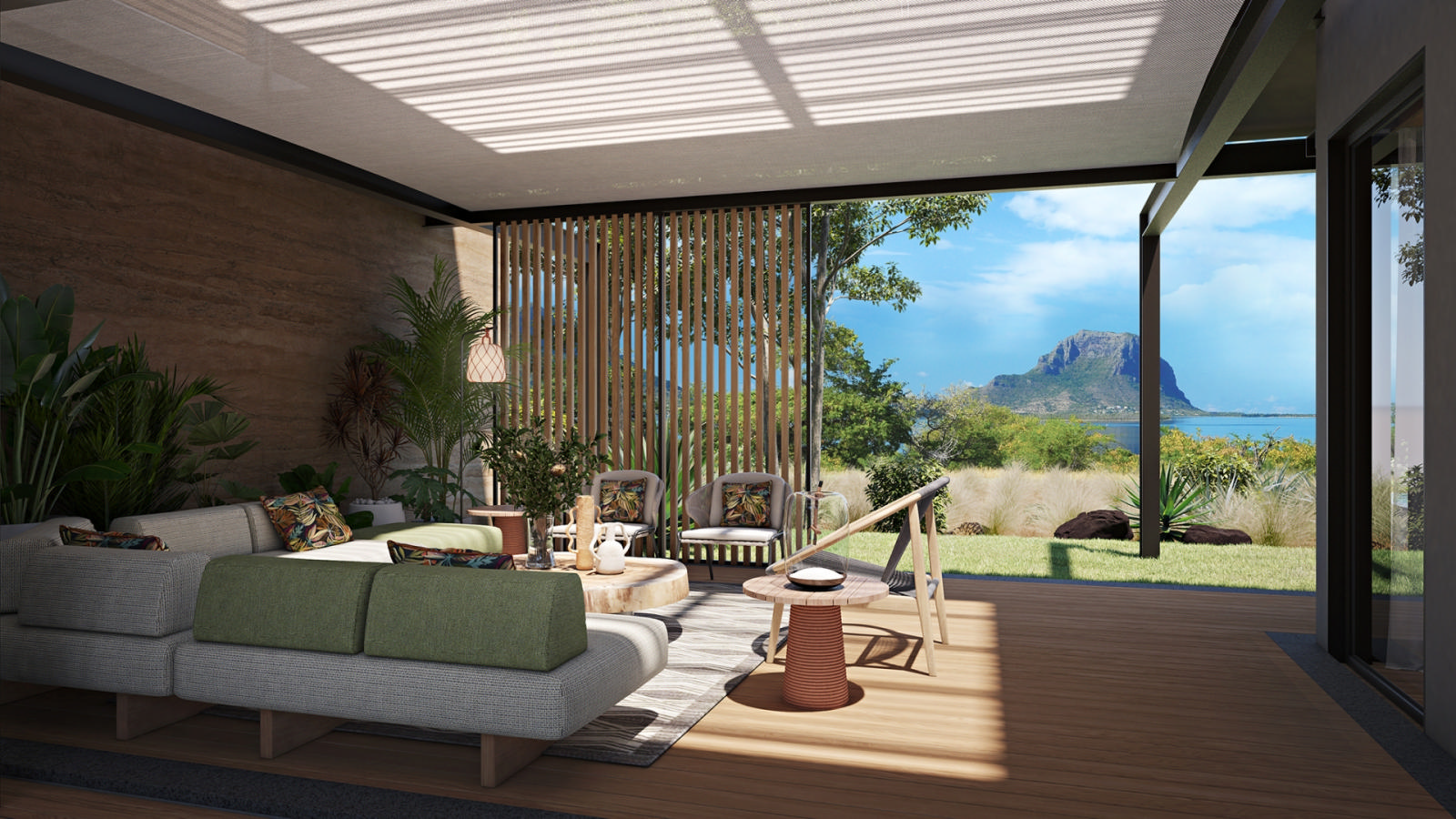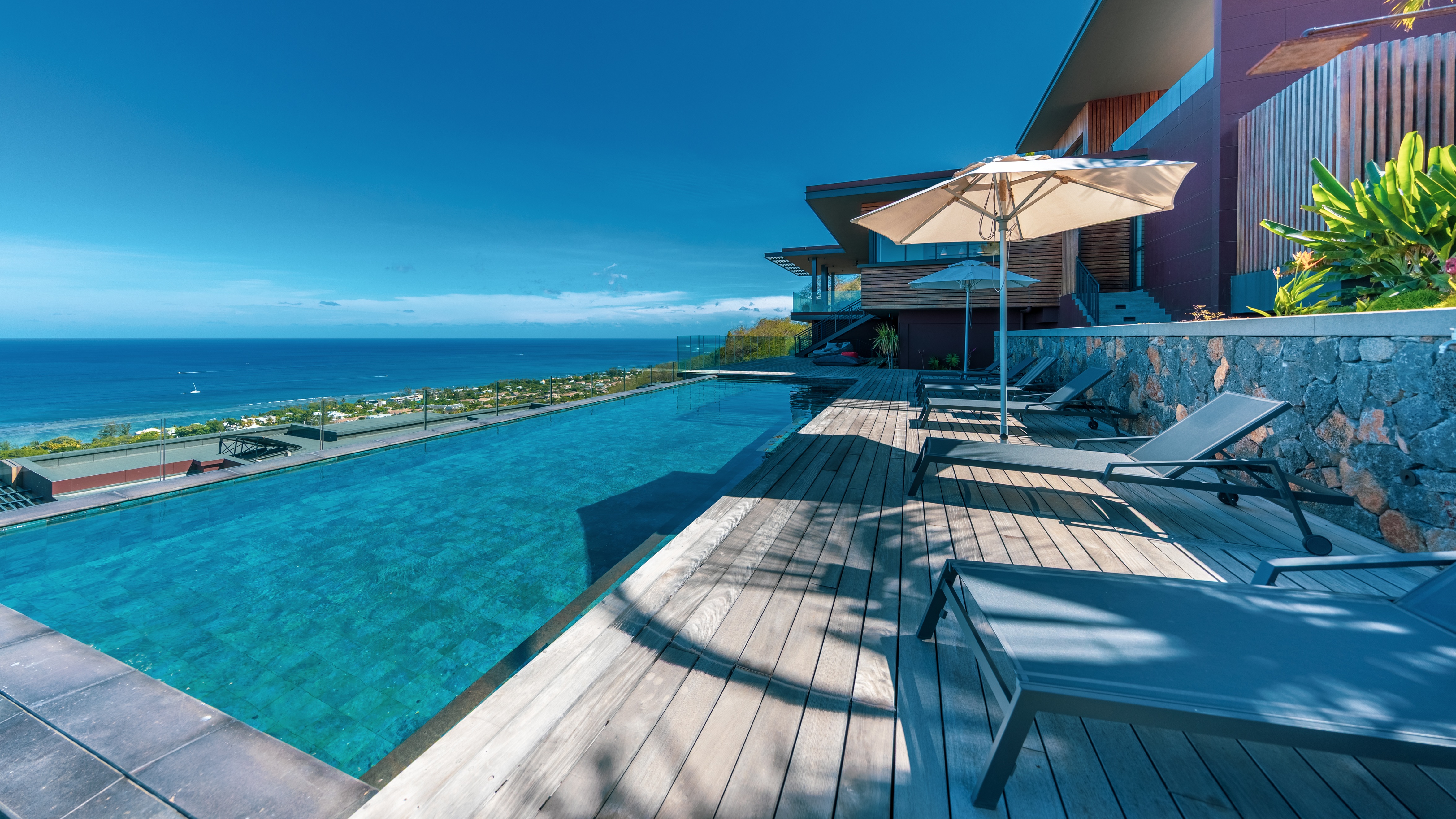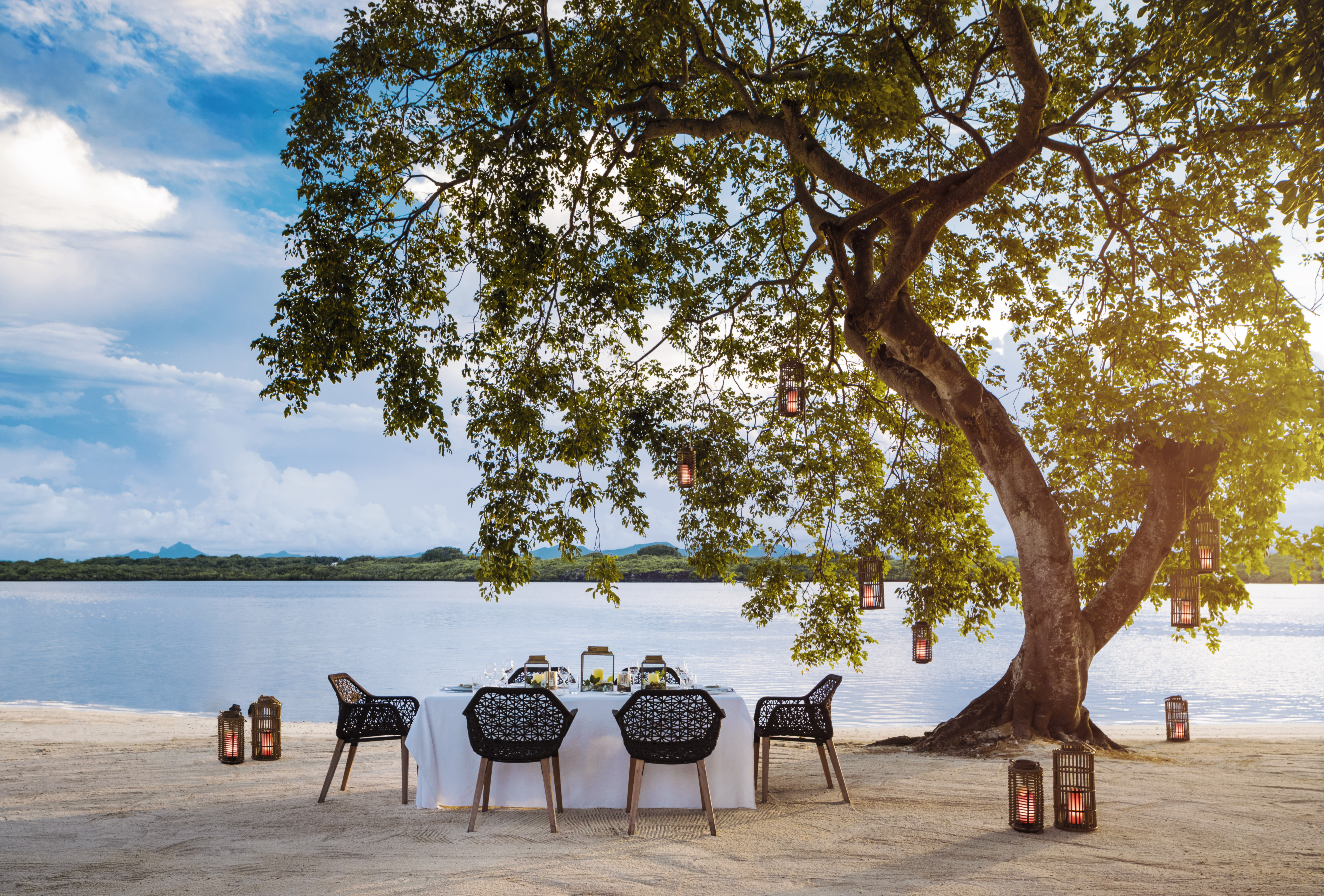Mauritius: Where Luxury Hospitality Real Estate Meets Lifestyle, Community, and Wellness

Mauritius has long been recognised as a global leader in luxury hospitality, offering pristine beaches, world-class resorts, and a warm multicultural atmosphere. But a pivotal transformation began in 2002, when the government first opened the real estate market to foreign buyers through approved resort schemes. This landmark decision led to the birth of large-scale, integrated developments—often built around golf courses—initiated by sugar estate owners who converted vast plantations into master-planned communities.
Since then, Mauritius has steadily evolved into a destination of choice for high-net-worth individuals and lifestyle buyers seeking more than just a holiday home. It has become a hub for lifestyle-oriented, mixed-use real estate that blends luxury, wellness, and community—supported by strong governance, cultural richness, and investor confidence.
Mauritius’s strategic location at the crossroads of Africa, Europe, and Asia gives it a natural advantage. The island offers direct flights to major cities across all three continents, making it an ideal second-home or relocation destination. Its political stability, multicultural fabric, and investor-friendly legal and tax systems further reinforce its appeal. With no property or capital gains tax, and residency granted for property investments over USD 375,000 in designated schemes, the country continues to attract global attention.
Between 2006 and 2023, the Mauritian real estate market attracted over USD 4 billion in foreign direct investment. More than 5,396 units were sold to foreign nationals during this period, with 2023 alone seeing a record MUR 37 billion (approx. USD 815 million) in property sales. The market has demonstrated extraordinary resilience, maintaining its strength through global crises and continuing to appreciate in value.

The trend continued into 2024, with property sales accessible to non-citizens reaching USD 595.6 million, representing 846 units sold. These figures highlight a consistent and robust demand for luxury real estate offerings in Mauritius. However, Q1 2025 recorded a 13% slowdown compared to the same period in 2024, a shift largely attributed to a temporary administrative deceleration following the general elections in November 2024, which affected the pace of approval of property acquisition permits for non-citizens. Despite this, 126 properties were officially sold to foreign buyers in the first quarter of 2025, with median prices reaching USD 458,800 (USD 3,805/m²) for apartments and USD 1,236,600 (USD 6,445/m²) for villas — reflecting the continued premium positioning of the market.
International buyers from over 76 countries, including France, South Africa, the UK, Germany, Switzerland, and Eastern Europe, are drawn to the island’s exceptional offering. Increasingly, these buyers are seeking more than just a holiday home — they are looking for a lifestyle. Integrated developments like Anahita Golf Estate, Heritage Villas Valriche, Mont Choisy Golf & Beach Estate, and Azuri Ocean & Golf Village provide luxury residences with access to golf, wellness centres, private beaches, restaurants, and concierge services.
Meanwhile, smart cities like Beau Plan and Moka are introducing a new dimension of urban luxury. These communities promote a "live, work, play" model with walkable layouts, green spaces, modern infrastructure, cultural venues, schools, healthcare facilities, and retail—all within a single development. They offer residents a way to enjoy the benefits of city living without sacrificing quality of life, nature, or security.

Wellness is another key pillar of this transformation. New developments integrate wellness facilities such as world-class spas, yoga and fitness centres, organic gardens, nature reserves, and holistic wellness programming. Anahita offers a dedicated Lifestyle & Experiences Manager and an 800m² wellness sanctuary. At Heritage Villas Valriche, residents have access to a UNESCO-certified biosphere nature reserve, promoting sustainability and an active, health-conscious lifestyle.
The trend toward branded residences has also taken off. Projects like One&Only Private Homes and Four Seasons Residences at Anahita combine the prestige of international hospitality brands with bespoke villa ownership, attracting high-net-worth individuals who value exclusivity, service, and long-term capital appreciation.
Environmental consciousness is increasingly shaping the development landscape. Stricter environmental impact regulations have led to more sustainable planning, energy-efficient technologies, and green certifications like LEED and EDGE. Solar geysers and solar-powered infrastructure are helping reduce carbon footprints and lower utility costs for residents.
Looking ahead, Mauritius faces the challenge of maintaining its premium offerings within a finite land area. Demand for beachfront and sea-view properties remains high, and developers must carefully balance exclusivity with inclusivity, environmental responsibility with innovation, and international appeal with local integration.

What is clear is that Mauritius is no longer just a beautiful island offering luxury escapes. It is a place where real estate becomes a gateway to wellness, connection, and belonging. It is a destination where property investment meets lifestyle transformation.
Mauritius is not just a place to invest. It’s a place to live well.
Partager



